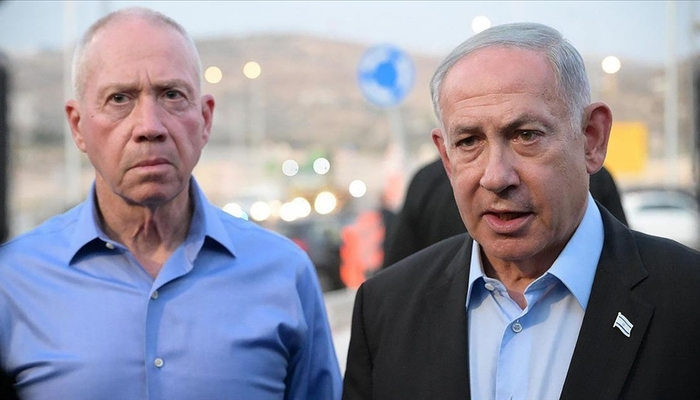The International Criminal Court (ICC) recently issued arrest warrants for Israeli Prime Minister Benjamin Netanyahu and former Defence Minister Yoav Gallant, accusing them of war crimes. The ICC stated it had “reasonable grounds” to believe they intentionally deprived Gaza’s civilian population of essentials necessary for survival. This unprecedented decision has ignited global debate and drawn mixed reactions from nations and organizations worldwide.
ICC’s Allegations
The ICC alleges that Netanyahu and Gallant knowingly imposed measures leading to starvation in Gaza. The decision follows months of deliberation after Prosecutor Karim Khan applied for the warrants, emphasizing the urgency of addressing victims’ rights.
In a related move, the ICC also issued a warrant for Hamas military chief Mohammed Deif for alleged crimes against humanity. However, reports suggest Deif was killed in an Israeli airstrike in August.
Israel’s Response
Israel has rejected the ICC’s move, labeling it “anti-Semitic.” Netanyahu’s office compared the decision to the infamous Dreyfus trial, calling it an attack on Israel’s right to defend its citizens. Transportation Minister Miri Regev echoed these sentiments, referring to the warrants as politically motivated.
Mixed Global Reactions
Support for the ICC
Several nations welcomed the decision, highlighting its significance for justice in Palestine:
- South Africa called it a critical step towards accountability for human rights violations in Palestine, reaffirming its commitment to international law.
- Ireland described the warrants as a significant milestone, urging swift action to ensure justice.
- Norway expressed confidence in the ICC’s impartiality and adherence to fair trial standards.
Criticism of the Decision
Conversely, some countries questioned the legitimacy or fairness of the warrants:
- The United States rejected the ICC’s jurisdiction over the matter and criticized the prosecutor’s “rushed” process.
- Hungary condemned the move as shameful, accusing the ICC of equating Israel’s leaders with terrorists.
- Argentina expressed deep disagreement, defending Israel’s right to self-defense against attacks by Hamas.
European Union’s Stand
The EU emphasized its commitment to upholding international law, with Foreign Policy Chief Josep Borrell urging member states to comply with the ICC’s decision. However, some EU nations, such as France and Italy, expressed caution about enforcing the warrants.
Read: Three Killed in Israeli Attack on Nuseirat Refugee Camp
Amnesty International’s View
Amnesty International hailed the warrants as a victory for international justice. The organization stressed the importance of accountability for war crimes and called on states to cooperate fully with the ICC.
Skepticism in Gaza
In Gaza, the warrants were met with mixed feelings. Residents expressed doubts about their enforcement, citing strong US support for Israel. While Hamas welcomed the decision, it urged the ICC to expand its investigations to include other Israeli officials.
Final Thoughts
The ICC’s warrants for Netanyahu and Gallant mark a pivotal moment in the pursuit of accountability for alleged war crimes. While the decision has sparked widespread debate, its implementation will depend on international cooperation and adherence to legal obligations. As nations and organizations weigh their responses, the global spotlight remains firmly on the ICC and its role in delivering justice.
Follow us on Google News, Instagram, YouTube, Facebook,Whats App, and TikTok for latest updates
